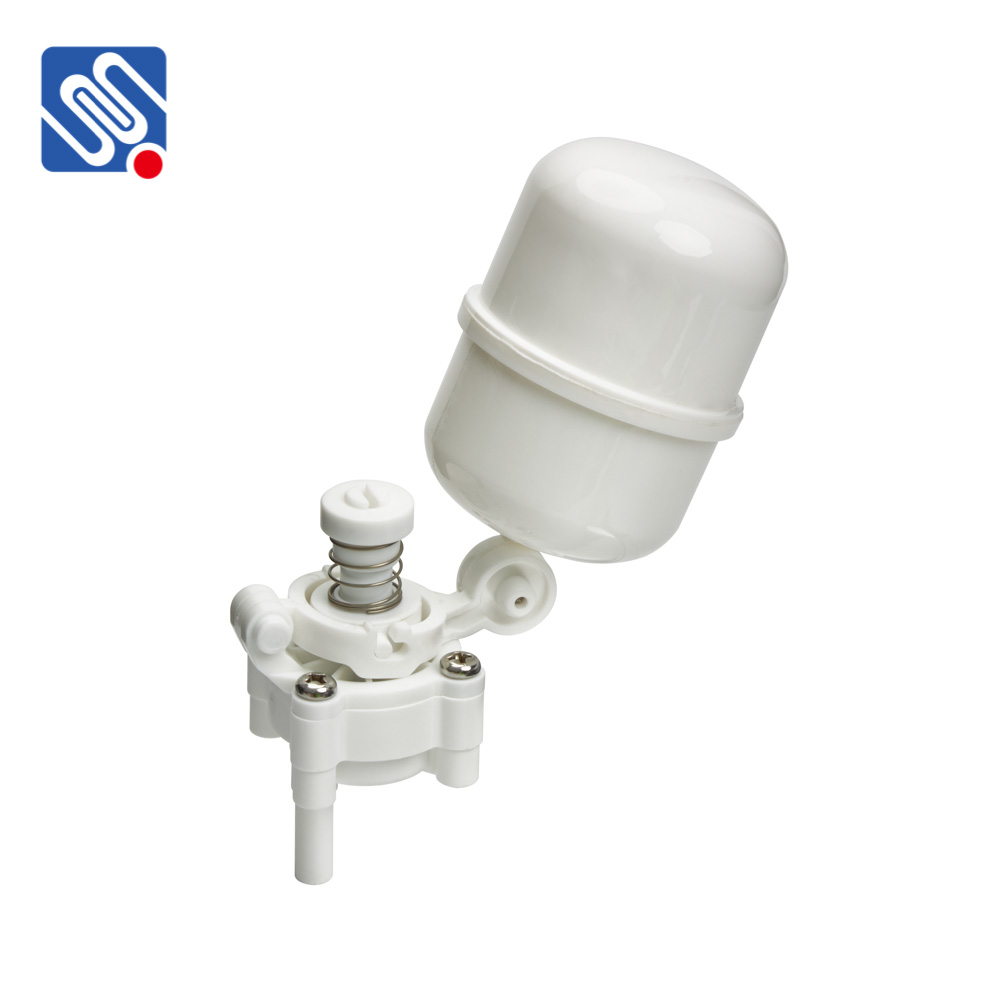plastic valve for water systems: a cost-effective and durable solution
Release time:2025-05-01 00:27:50
Plastic valves have become a key component in water systems across the globe, offering a combination of affordability, durability, and ease of maintenance. With the increasing need for efficient water distribution and management, plastic valves have emerged as a preferred option in both residential and industrial water systems. These valves, designed to control the flow of water, provide numerous advantages over traditional metal counterparts, including resistance to corrosion, lightweight design, and cost-effectiveness.

Advantages of Plastic Valves
One of the most significant benefits of plastic valves is their resistance to corrosion. Water systems, whether municipal or industrial, are frequently exposed to high humidity and moisture levels, creating an environment that is ideal for the corrosion of metal valves. Over time, metal valves may degrade, leading to leaks, failures, and increased maintenance costs. In contrast, plastic valves are immune to rust and corrosion, significantly extending their lifespan and ensuring reliable performance in water systems.
Plastic valves are typically made from materials such as PVC (polyvinyl chloride), CPVC (chlorinated polyvinyl chloride), and polypropylene. These materials are not only resistant to corrosion but also possess excellent chemical resistance. For systems dealing with treated or chemically enhanced water, plastic valves offer superior protection, reducing the likelihood of chemical interactions that could compromise system integrity.

